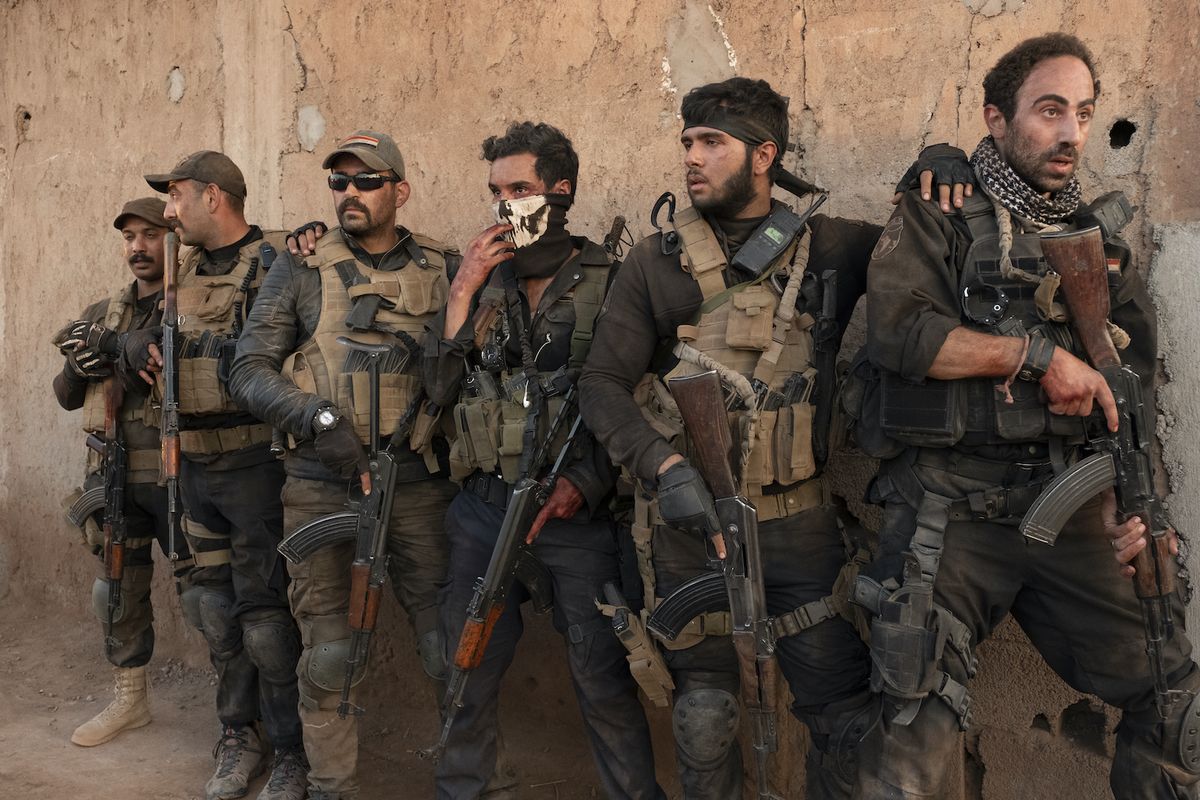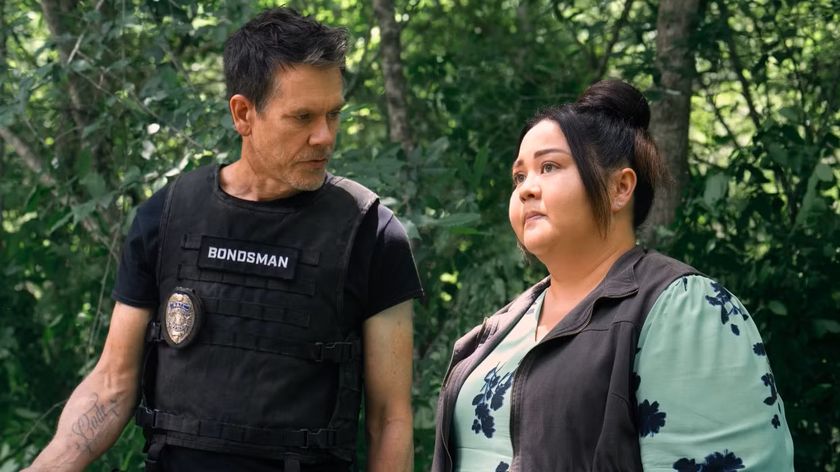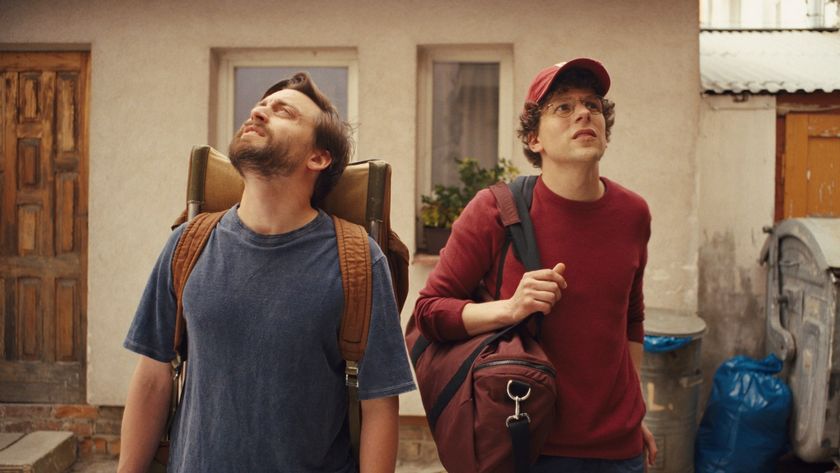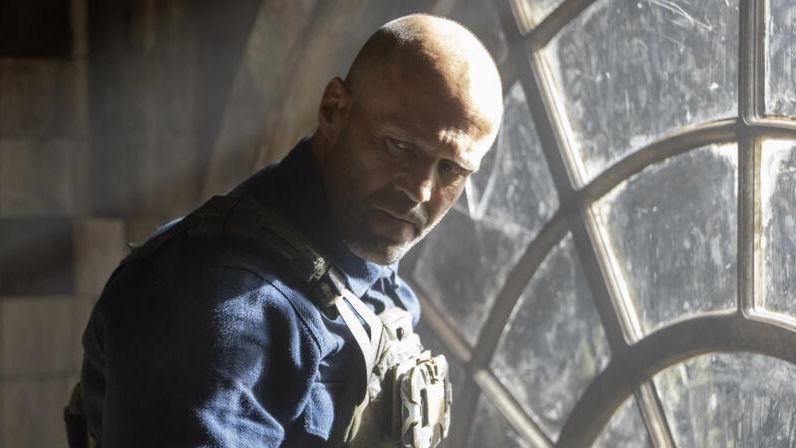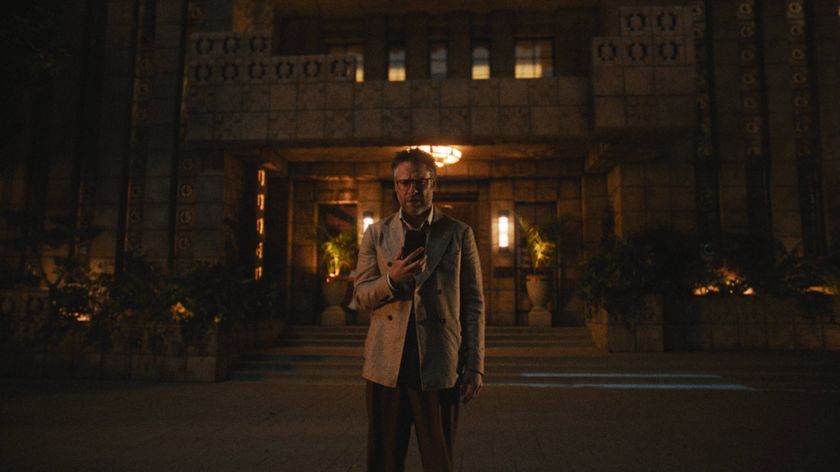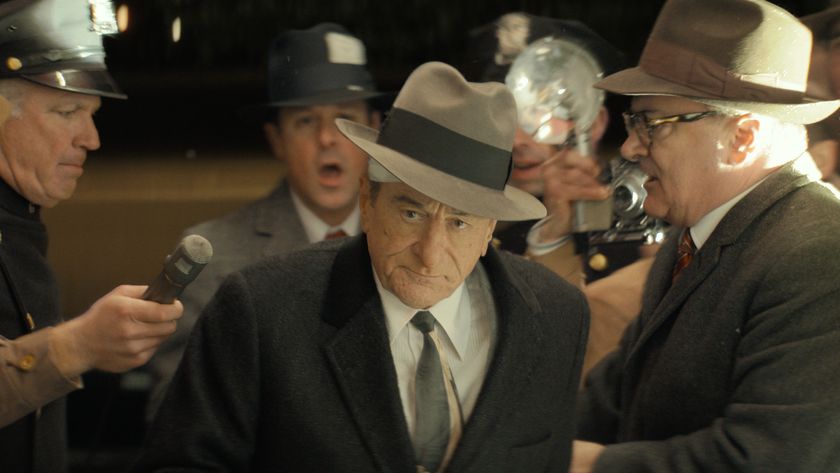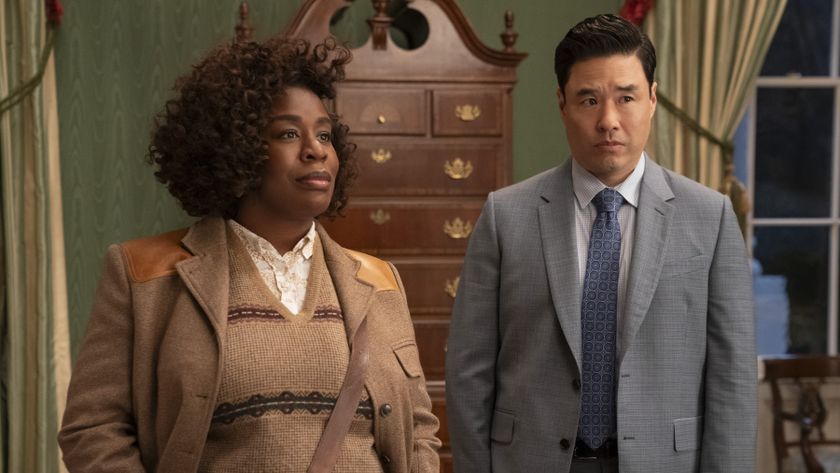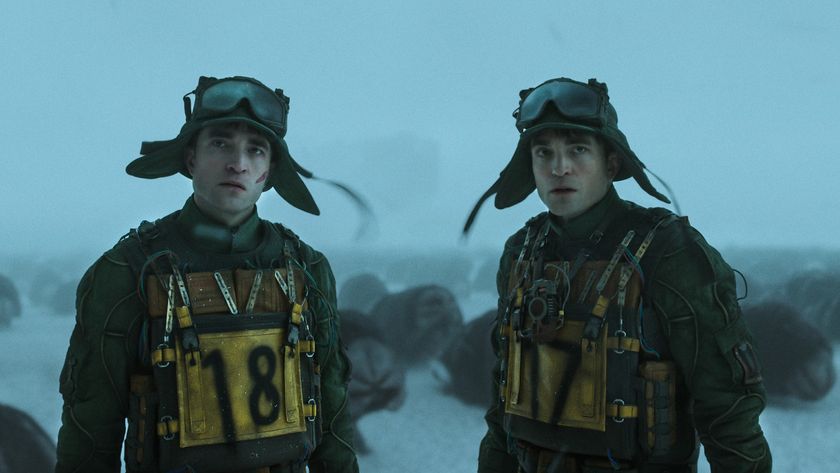What to Watch Verdict
Matthew Michael Carnahan's directorial debut takes a lot of familiar war-movie cliches and gives them a welcome new context.
Pros
- +
🟢 Adam Bessa and Suhail Dabbach breathe vibrant life into the stories of these soldiers fighting for a city ravaged by war.
- +
🟢 Carnahan's impressive staging of battle sequences gives the film an urgency and an intimacy.
Cons
- -
🟢 Withholding the motives for the team's mission makes it tougher for audiences to sympathize with their trek through the battle zone.
- -
🟢 Carnaha relies slightly too much on shaky handheld camerawork to do dramatic work he's already accomplished in the storytelling.
There’s no shortage of movies about the Iraq war, but few of them are told from the point of view of soldiers actually from that country. Netflix’s Mosul attempts to fill this gap with the suitably muscular story of an Iraqi SWAT team that ventures into the heart of the city for a secret mission after rescuing a young police officer forced to choose between his corrupt force and their squad of vigilantes. Writer-director Matthew Michael Carnahan (Deepwater Horizon) freshens up some familiar clichés about teamwork, sacrifice and wartime valor by recontextualizing them in a unit whose perspective audiences seldom see, offering a solid and engaging war movie that humanizes the Iraqi forces like few before it.
Adam Bessa (Extraction) plays Kawa, a young Iraqi police officer pinned down with his partner in a firefight against ISIS, whose forces are reluctantly exiting the city. When the Nineveh SWAT intervene and save him, their commanding officer Jasem (Suhail Dabbach) makes him an unexpected offer: join their team for a secret mission and become a member of Mosul’s toughest and most elite forces. Curious why they’re rushing headlong into danger but eager to drive out ISIS after their members killed his uncle, Kawa agrees, though Jasem’s soldiers keep him at arm’s length — as much because they don’t want to get close to him in case he dies as because there’s a chance he could secretly be an ISIS foot soldier. But after proving himself in escalating skirmishes with ISIS, Kawa moves forward as a member of the team to complete a mission whose objectives he still does not know.
Carnahan is the brother of macho filmmaker Joe Carnahan (Narc), and even though this is his first directorial effort, he’s written a number of films that clearly paved the way for this one: The Kingdom, State of Play, Deep Horizon, and World War Z. Mosul really does offer a perspective that very few other films have; we’ve seen military forces in Middle Eastern countries, but few this polished and effective, and almost none where they’re the focus of an operation with “noble” purposes. To that end, Carnahan does his characters a disservice by concealing their motives for almost the entire film; because we spend so much time with people to whom we’ve been indoctrinated as audiences not to relate to, it takes far too long for us to learn and relate to the vulnerabilities and simple human yearnings that drive their actions. Otherwise, the film essentially (literally) translates an American military operation into Kurdish, and enables us to follow it to an inevitable Saving Private Ryan-ish conclusion.
The good news is that because of that geographic shift, this particular story of service and heroism feels less jingoistic than the dozens of American films where a military team that has empowered itself with absolute moral authority defies direct order to embark on a dangerous rescue mission that could get them all killed — which is what this explicitly is. (There seems to be a natural inclination to assume that in English-language war films, U.S. soldiers are doing the right thing for the right reasons, and this film’s shell game with their strategy obscures that these foreign soldiers are similarly righteous.)
Nevertheless as Kawa, Bessa conveys both the right kind of inexperience initially, and then the natural growth that makes him a formidable teammate once the mission becomes more challenging, the right proxy for our journey through the city’s war-torn streets. But it’s Dabbach’s performance as Jasem that grounds the film’s clear-eyed but uniquely compassionate view of a war where taking prisoners is not an option: the actor conveys immediate authority, an ability to make difficult decisions, but also the measured patience of a man who’s experienced enough loss not to rush foolishly into certain death.
Featuring a whole, whole lot of the handheld verite camerawork that has become synonymous with “gritty authenticity,” Carnahan’s direction is occasionally too busy for its own good, trying to shift focus among many elements within a single scene when simpky choosing and cutting would have accomplished his goals more effectively. In fact, it’s this kind of directing that really comes down to staging more than choosing camera angles — and, to be fair, he builds several really great scenes, including a rendezvous with an Iraqi general for supplies that unexpectedly escalates into a standoff with Jasem and a charismatic Colonel (Waleed Elgadi) still trying to negotiate even as they tell their men to both stand down, and stand by. But even if the filmmaker does not single-handedly repair perceptions of Iraqi forces by American audiences who indeed may not care enough to have them changed at all, Carnahan attempts something unique here and at the very least delivers a solid, relatable adventure. Ultimately, Mosul is different from the American war films whose elements it shares in common by only a matter of degrees — and that’s the point: in a world with global conflict, there’s something to be said about the story of a battle zone where you can see the perspective of the people on the side that wouldn’t ordinarily be your own.
Mosul will be exclusively available on Netflix November 26th, 2020.
Todd Gilchrist is a Los Angeles-based film critic and entertainment journalist with more than 20 years’ experience for dozens of print and online outlets, including Variety, The Hollywood Reporter, Entertainment Weekly and Fangoria. An obsessive soundtrack collector, sneaker aficionado and member of the Los Angeles Film Critics Association, Todd currently lives in Silverlake, California with his amazing wife Julie, two cats Beatrix and Biscuit, and several thousand books, vinyl records and Blu-rays.
